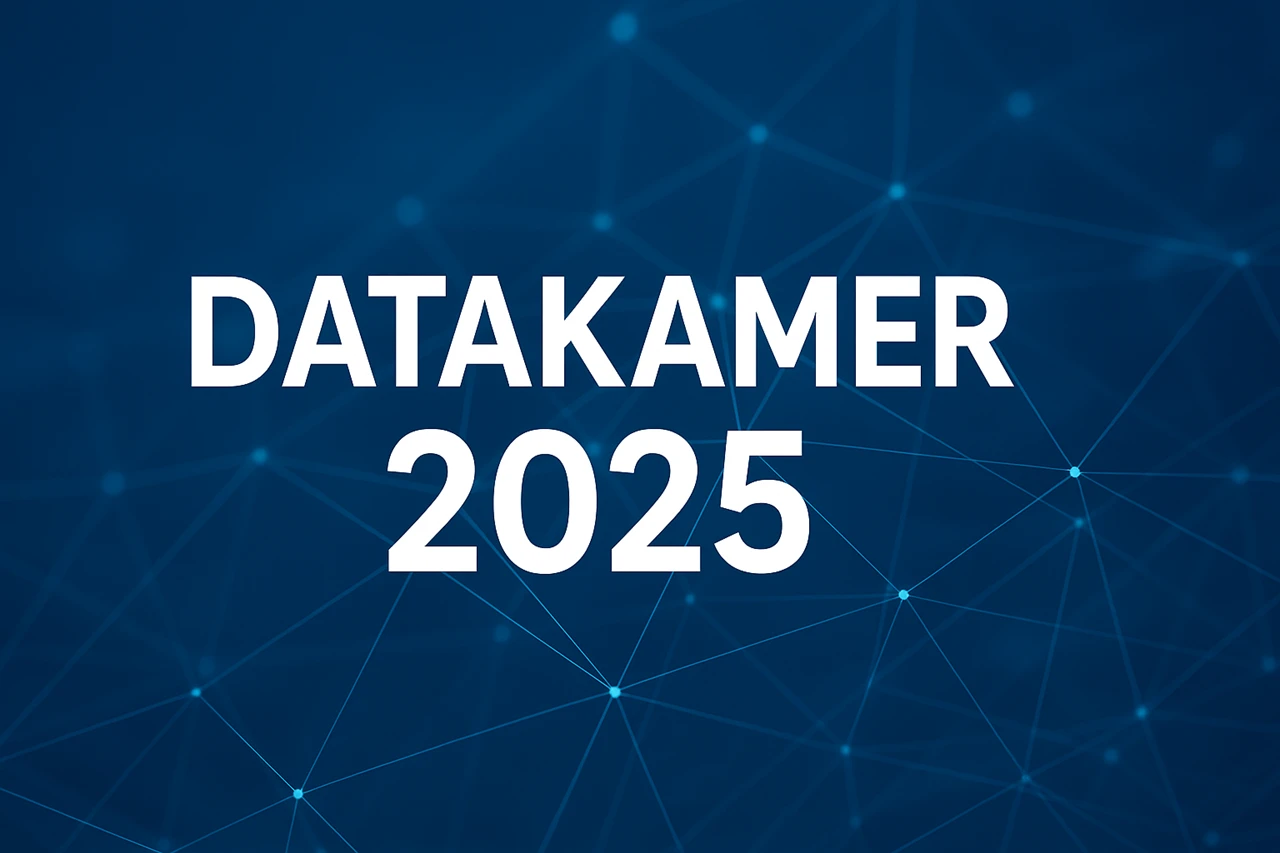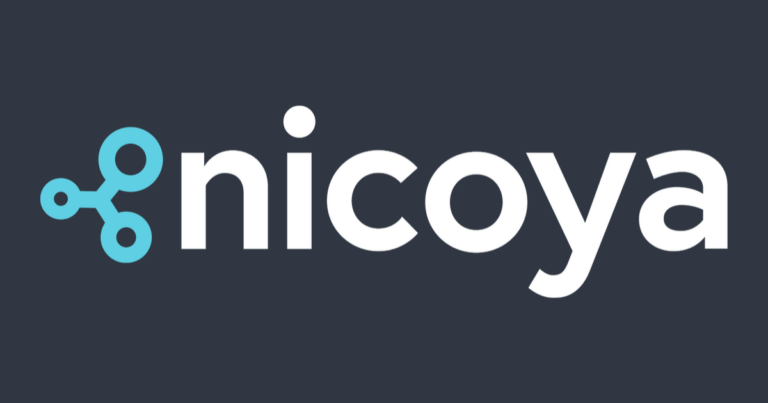Arcitecta, a pioneer in innovative data management software, recently joined leading research institutions and technology partners—including Spectra Logic, Wasabi, Cerabyte, and IQM—at the inaugural DATAKAMER 2025 event. Hosted by the Dana-Farber Cancer Institute in Boston, Massachusetts, this exclusive, one-day forum gathered some of the brightest minds in technology and science to envision a more sustainable and AI-ready approach to managing the world’s most valuable research data.
DATAKAMER 2025 was designed as a collaborative space for technologists, researchers, archivists, and system architects to explore the evolving landscape of data systems and architectures that fuel scientific discovery. As the scale, complexity, and velocity of data creation grow exponentially, the challenges faced by research organizations have become increasingly multifaceted. Institutions are now contending with data duplication across laboratories, inconsistent metadata practices, growing storage costs, and the environmental and financial implications of powering and cooling massive data infrastructures.
According to Jason Lohrey, Founder and CEO of Arcitecta, these are not just IT issues—they represent a growing scientific imperative. “The goal of the event was to build community around approaches to research data management so that institutions can share best practices and solve data challenges,” Lohrey said. “Ultimately, sustaining science requires collaboration, smarter infrastructure choices, and tools that improve visibility, reduce waste, and let researchers focus on discovery, not data wrangling.”
Building a Sustainable Future for Research Data
At the heart of the discussions was a shared vision: to enable responsible, efficient, and transparent management of research data. Lohrey emphasized that sustainability—whether in power usage, data storage lifecycles, or institutional processes—has become critical to supporting long-term scientific inquiry.
A major highlight of the event was the Research Data Management Roundtable, which brought together experts to examine how institutions can maintain agility for researchers while ensuring institutional discipline in data stewardship. Participants explored strategies such as automating governance, embedding compliance checks early in research workflows, and adopting metadata-driven platforms to minimize manual overhead and maximize reproducibility.
The roundtable showcased how forward-thinking institutions are increasingly adopting holistic approaches that merge technology innovation with operational discipline. The focus was not merely on storing data but on ensuring its long-term value through discoverability, accessibility, and interoperability.
Key Takeaways from DATAKAMER 2025
The sessions yielded several important insights into where the global research and technology communities are heading in terms of sustainable and AI-aligned data practices:
- Standardized Metadata and Reusable Data:
Research institutions are making strides toward curating datasets with consistent metadata and implementing systems that make data more discoverable, shareable, and reusable. These steps are vital to ensuring scientific reproducibility and facilitating collaborative research at scale. - Emerging Role of Quantum Computing:
Quantum computing is already entering pilot research workflows, offering the potential to reduce computational workloads, time, and energy costs. While widespread adoption will take time, the technology promises to revolutionize how large datasets are processed and analyzed within the decade. - Sustainable Storage Innovations:
Long-lived storage media such as ceramics, along with advanced tape automation systems and cloud models that remove egress penalties, are emerging as key strategies for extending media lifespans and reducing costly data migrations. - Cost-Effective Tape Storage:
New generations of LTO tape continue to deliver unmatched value as the most cost-effective long-term storage medium. Automation is making tape systems increasingly practical for large-scale, sustainable data archiving. - Predictable Cloud Economics:
As institutions grapple with unpredictable cloud costs and egress fees, there is a clear shift toward transparent, predictable cloud pricing models. These approaches are empowering organizations to plan and budget more effectively, ensuring that data remains both accessible and affordable.
A Vision for the Future
Reflecting on the event’s impact, Lohrey noted that DATAKAMER 2025 was only the beginning of a much larger movement. “This inaugural event marks the beginning of something more expansive,” he said. “The vision is to support and grow DATAKAMER into a mainstay event where technical rigor and creative inquiry are not only compatible, but essential for shaping, storing, and sharing knowledge in an era characterized by accelerated change.”
The event’s name, DATAKAMER, draws inspiration from the Enlightenment-era kunstkammer—the “cabinet of wonders” where art, science, and innovation intersected. In that spirit, DATAKAMER represents a modern-day forum for exploration and collaboration, where new technologies and ideas converge to redefine how humanity builds, manages, and preserves knowledge.
Shaping the Next Era of Data Innovation
By bringing together leaders in data storage, research, and infrastructure design, DATAKAMER 2025 underscored a crucial truth: the challenges of modern research data management cannot be solved in isolation. They demand a shared ecosystem of ideas, open standards, and sustainable technologies.
As the first of its kind, DATAKAMER 2025 laid the foundation for ongoing dialogue and collaboration across industries and disciplines. Participants left with a renewed sense of purpose—to design data systems that not only advance AI and scientific discovery but also ensure the long-term sustainability of the planet’s most critical resource: knowledge itself.
With Arcitecta and its partners leading the way, the future of data management looks more integrated, intelligent, and sustainable than ever before.



